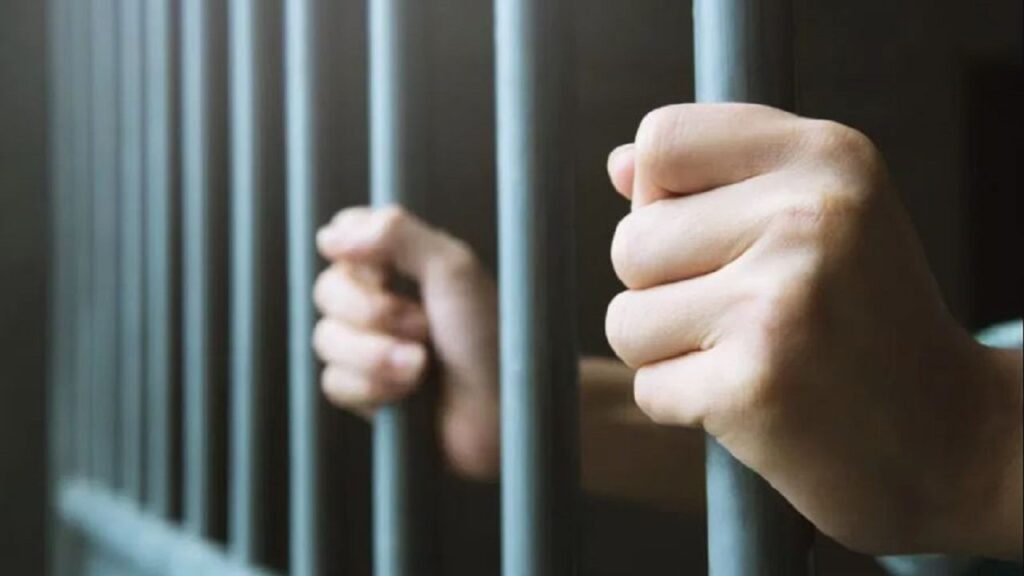The Indian National Security Code (BNSS) has recently implemented Section 479, which replaces Section 436-A of the Criminal Procedure Code. This critical transition has significant implications for undertrial prisoners in India. On Friday, the central government informed the Supreme Court that this provision would be applied retrospectively to all undertrial prisoners in cases registered prior to July 1, 2024. This decision aims to alleviate the burden of overcrowding in prisons and ensure that justice is served more promptly.
Supreme Court’s Directive to Jail Superintendents
The additional solicitor general, Aishwarya Bhati, representing the central government, confirmed to the Supreme Court that the new regulations under BNSS will apply to all undertrial prisoners, irrespective of the date the offense was recorded. This means that even those who are awaiting trial for offenses committed before the implementation date will benefit from these new provisions.
Immediate Action Required
With the introduction of the BNSS and the Indian Evidence Act, effective from July 1, measures to handle undertrial prisoners have become more urgent. The Supreme Court has instructed jail superintendents across the country to take necessary actions in compliance with the stated provisions. Specifically, they are to process petitions from undertrial prisoners once one-third of the stipulated period of their custody has elapsed, which will facilitate a review of their detention status.
Timelines and Implementation
The Supreme Court has mandated that these actions should be taken within three months. Senior advocate Gaurav Agarwal has also emphasized the urgent need to implement Section 479 concerning the maximum duration for holding undertrial prisoners. Such measures are expected to play a crucial role in addressing the issue of prison overcrowding, which has been a long-standing challenge in the Indian justice system.
Ongoing Oversight of Prison Conditions
Since October 2021, the Supreme Court has been actively monitoring the issue of overcrowding in prisons, having taken suo motu cognizance of the matter. The system is under constant scrutiny to ensure that prisoners’ rights are upheld and that justice is timely. On Friday, Aishwarya Bhati provided updates to the bench, comprising Justices Hima Kohli and Sandeep Mehta, reflecting the government’s preparedness to address these critical issues.
Conclusion
The introduction of Section 479 of the BNSS marks a notable shift in how undertrial prisoners will be treated in Indian prisons. As the Supreme Court enforces these new provisions, it is expected that there will be a significant reduction in overcrowding, enhancing the overall prison experience for many. This development is a positive step towards ensuring justice and protecting the rights of individuals awaiting trial.
